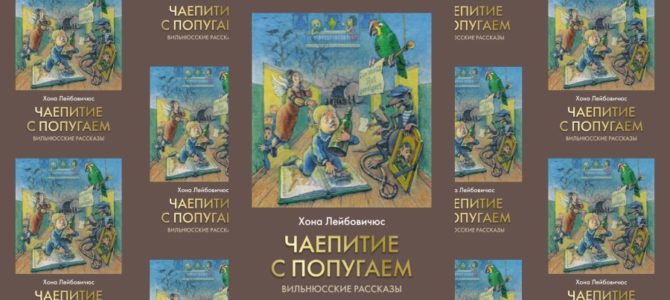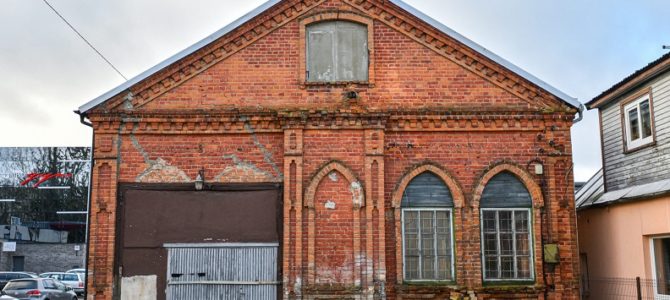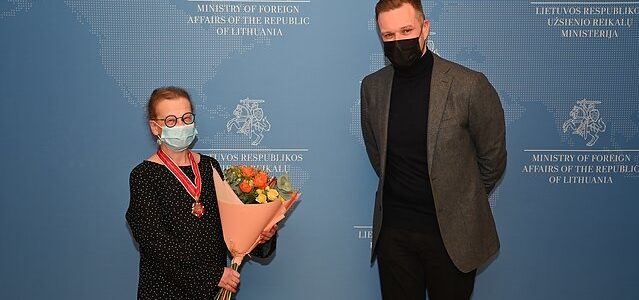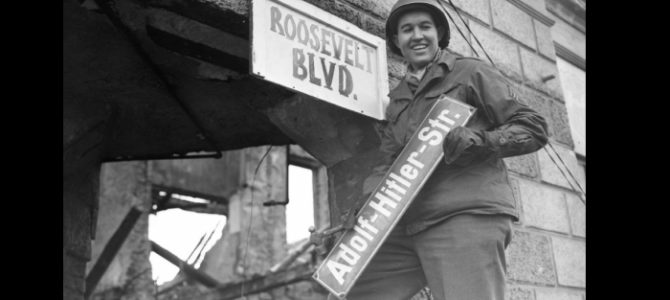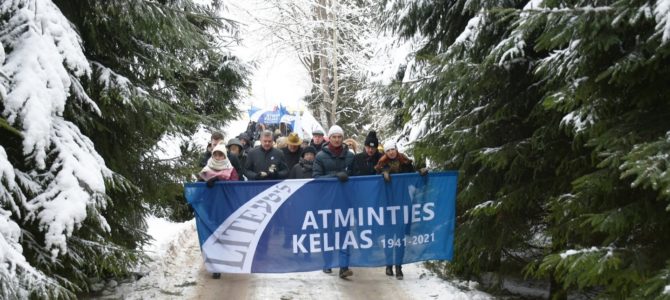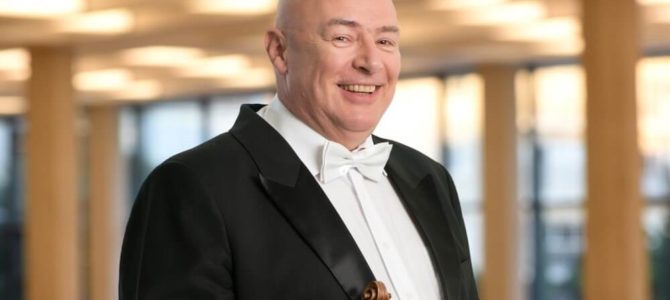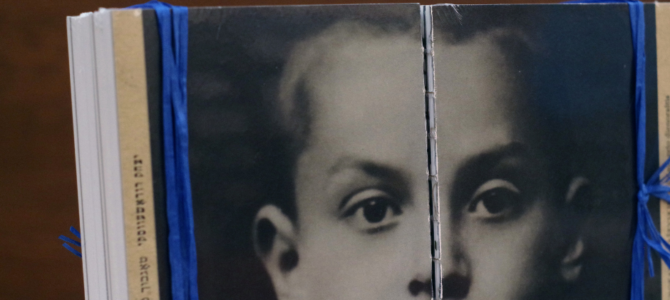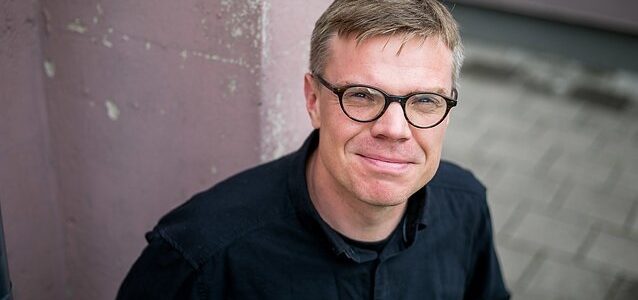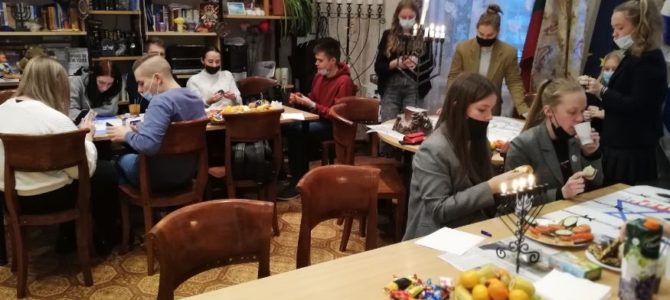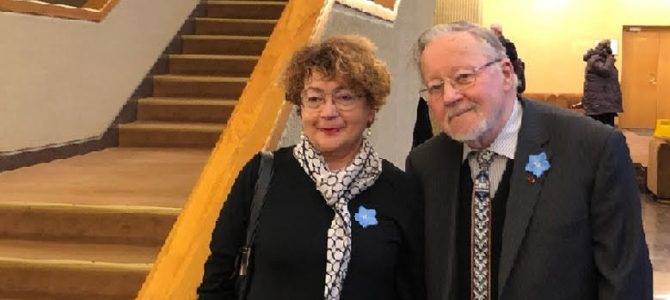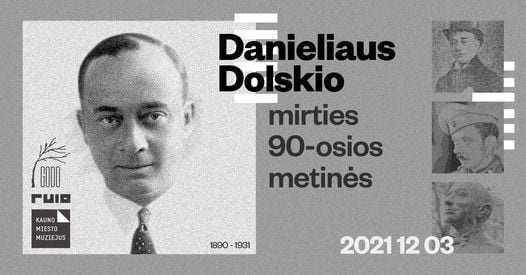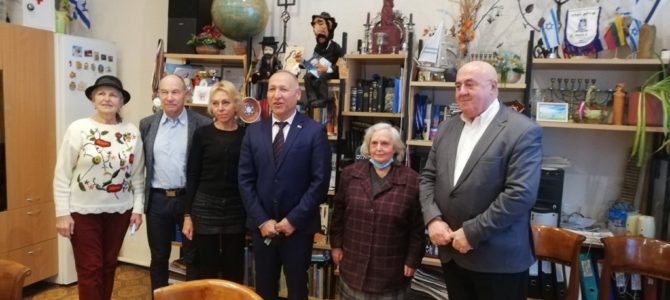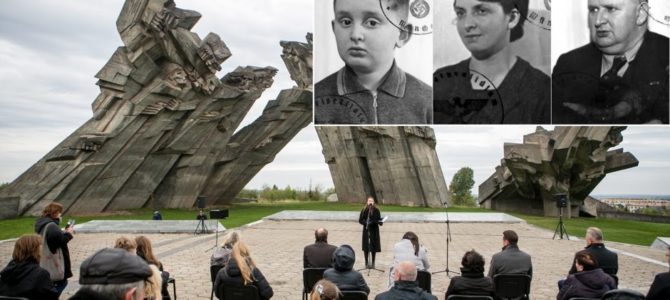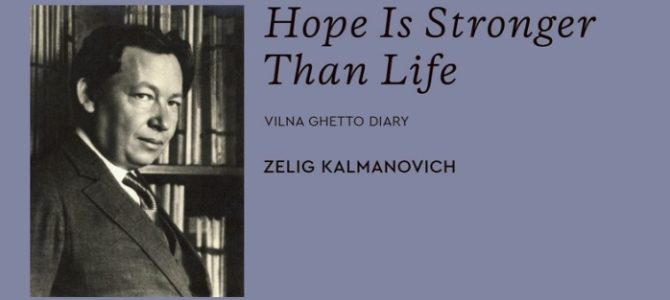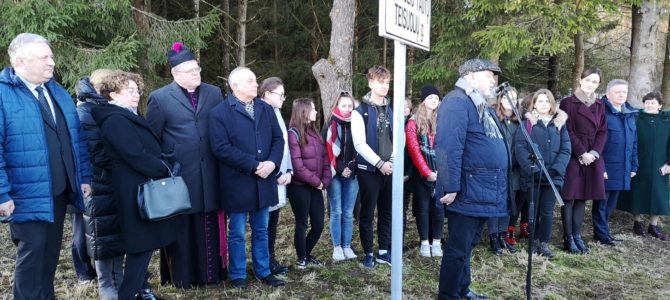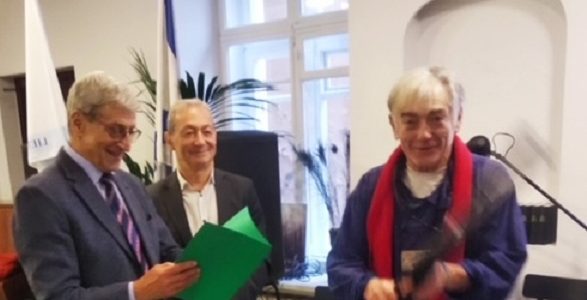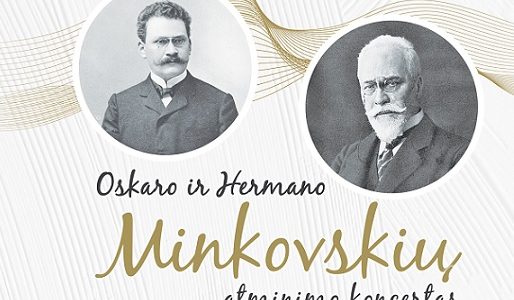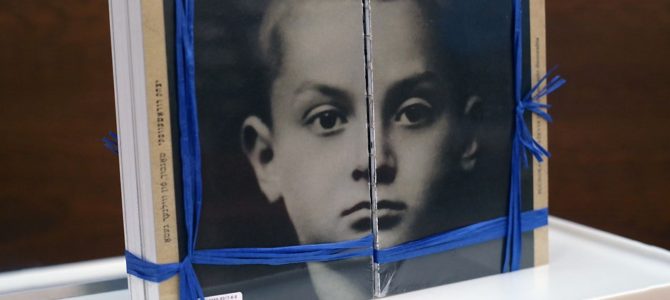The Vilnius Jewish Public Library will hold the launch of the new book Чаепитие с попугаем [Tea with Parrots] at 6:00 P.M. on Thursday, January 20. The book was published by the Lithuanian publishing house Kitos Knygos.
This is the author Chona Leibovičius’s first book of short stories, where he tells in his own voice the story of an entire generation of Vilna Jews, many of whom are no longer with us and many others having left to live around the world. The time-period is from the 1950s to the 1980s when the old city was undergoing serious changes, when new suburbs were being built by the Soviets and outside powers were tearing apart the fabric of the city undergoing rapid demographic change.
The author and others will be at the book launch. Others include Donatas Valančiauskas who is the director of Lithuanian state television’s Jewish affairs program Menora and Kitos Knygos author and representative Darius Pocevičius. The library is located in the courtyard at Gedimino prospect no. 24 in Vilnius.
More about the book in Lithuanian and Russian here.


